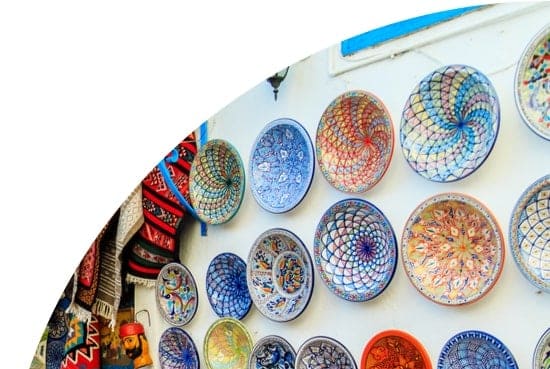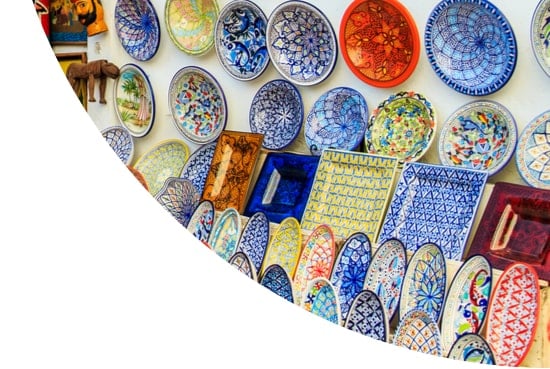Rift Valley fever (RVF) is an acute, fever-causing viral disease that usually affects domesticated animals (such as cattle and sheep), but can also infect and cause illness in humans. The majority of human infections are caused by direct or indirect contact with the blood or organs of infected animals.


Travel Vaccinations for Tunisia
Recommended Vaccines for Tunisia
The level of protection needed depends on your medical history and travel itinerary. Book now to get a personalised recommendation from our specialist travel nurses. The consultation costs £20 plus any vaccines you decide to take.
Flexible appointments with no upfront payment
Book Now
Destination Information for Tunisia
Tunisia, in Northern Africa, is a traditionally popular destination for sun-seekers flocking to its impressive beaches as Tunisia’s coastline runs along the Mediterranean Sea. There are many modern and luxurious resorts, and whether you want to spend the entire holiday on a sun lounger or get out and about and explore your destination, Tunisia has much to offer. Most visitors stay within the North, which includes the capital, Tunis, and you are advised to avoid the areas bordering Algeria and Libya for safety reasons.
Away from the beaches, there is plenty of culture and heritage in Tunisia to discover. Close to the capital, the famous city of Cartage is a must-see. This great ancient city has inspired music, poetry and stories, and is known to have been the capital of the Roman province of Africa. There are some incredible archaeological remains to see, and it is built on a site of great natural beauty.
You can take a trek into the desert on a camel and discover one of the most accessible ways in Africa to see this stunning landscape. Even if you are staying at a tourist resort designed for Westerners it is possible to join organised excursions or arrange your own itinerary to explore authentic Tunisia.
Infections and Outbreaks frequently change from country to country and by attending our clinics you will be given the most up to date clinical and safety advice from our team of specialists. Our advice to you often includes aspects such as:
- Food and water hygiene
- Insect and animal bite avoidances
- Personal safety
- Sexually transmitted infections
- Sun protection
- Altitude sickness
Malaria and regions within country:
Malaria is not normally present in Tunisia.



